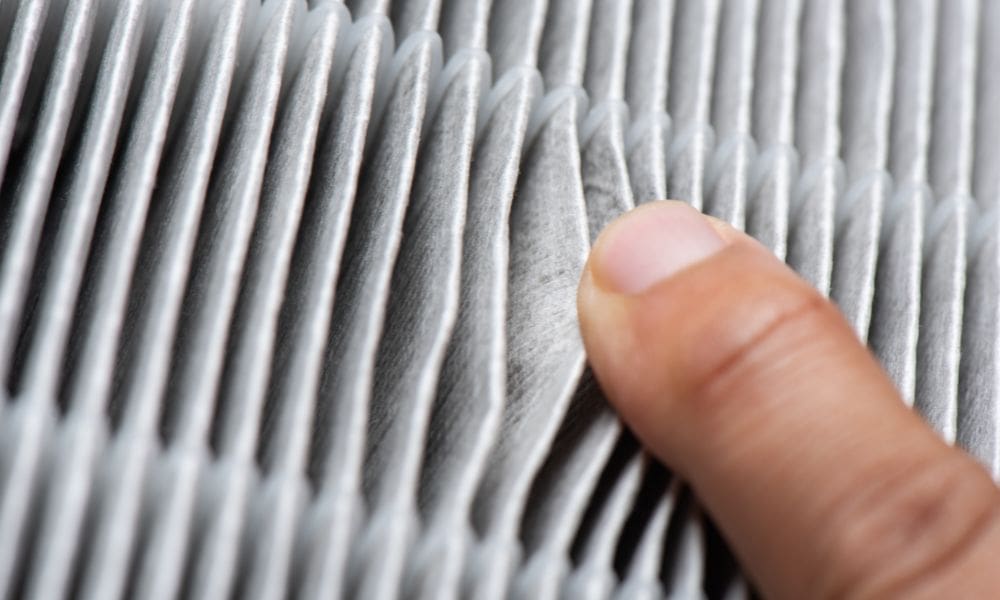Among the most important components of any HVAC system is the filter. You must replace your system’s filter regularly for it to function properly. That means you’ll have to buy a lot of them over time.
Since you’ll have to purchase many filters over the lifetime of your HVAC system, the likelihood of making a mistake is quite high. However, with this guide, you can avoid these mistakes when buying an air filter.
Picking the Wrong Type
The most important decision you need to make when buying a filter is what type of filter you need. Air filters vary based on materials, design, and efficiency. For example, if you need an industrial HEPA filter that is strong enough to block out the smallest dust molecules, a filter with a Minimal Efficiency Rating Value (MERV) of less than a MERV 16 will not give the level of filtration you need. It’s vital to double-check the type you need before purchasing. MERV ratings are based on ASHRAE standard 52.2 and can be found on the web or by contacting us via email.
Choosing the Wrong Size
While checking your filtration requirements, be sure to confirm the filter size you need. One of the more common mistakes to avoid when buying air filters is getting one that’s too big or too small. Never try to force a too-big filter to fit. This will create holes and gaps that dust and debris can sneak through.
Air will always take the path of least resistance, so if the filter is too small and has gaps, most of the dust will bypass your filter entirely.
Buying the Wrong Products
Since you’ll need to change out your filters regularly, it might be tempting to buy a lower-cost product to save some money. It’s important to compare what you are buying. Do they have the same amount of filter media? Is the filter the same efficiency rating, and is it sturdy enough to hold up in your application? If it is the wrong efficiency and is poorly made, it may cause greater problems and end up costing you more money in the long run.
Buying Based on Need
If you want to save some cash, be sure to buy in bulk. Too many companies just buy new filters as soon as their old ones die out. This process is much more tedious and will waste money, especially in shipping costs. Buying in bulk will reduce the cost of the shipping and likely score you a discount.
Not Reviewing the Specifications
Finally, make sure you compare the specifications of your original filters before trying out a new filter. You should make your decision based on similar specifications in regard to efficiency, fit, media types, and—very importantly—the initial resistance of the air filter. Keep in mind that the initial resistance and final efficiency are based on the filter being sealed properly into the housing. A reputable filter company will provide data and specifications on the filters that they want to sell.
Many companies selling primarily in the consumer market for home-type filters have come up with their own rating systems, such as the MPR (Microparticle Performance Rating) and FPR (Filter Performance Rating). The MERV rating was developed by ASHRAE (American Society of Heating, Refrigeration, and Air-Conditioning Engineers), so the MERV rating is impartial and sets a standard that all HVAC companies can adhere to nationwide and worldwide.
So, purchase something that allows you to compare to the MERV Standard or the European standard EN779 or EN1822 since these are internationally recognized standards.
